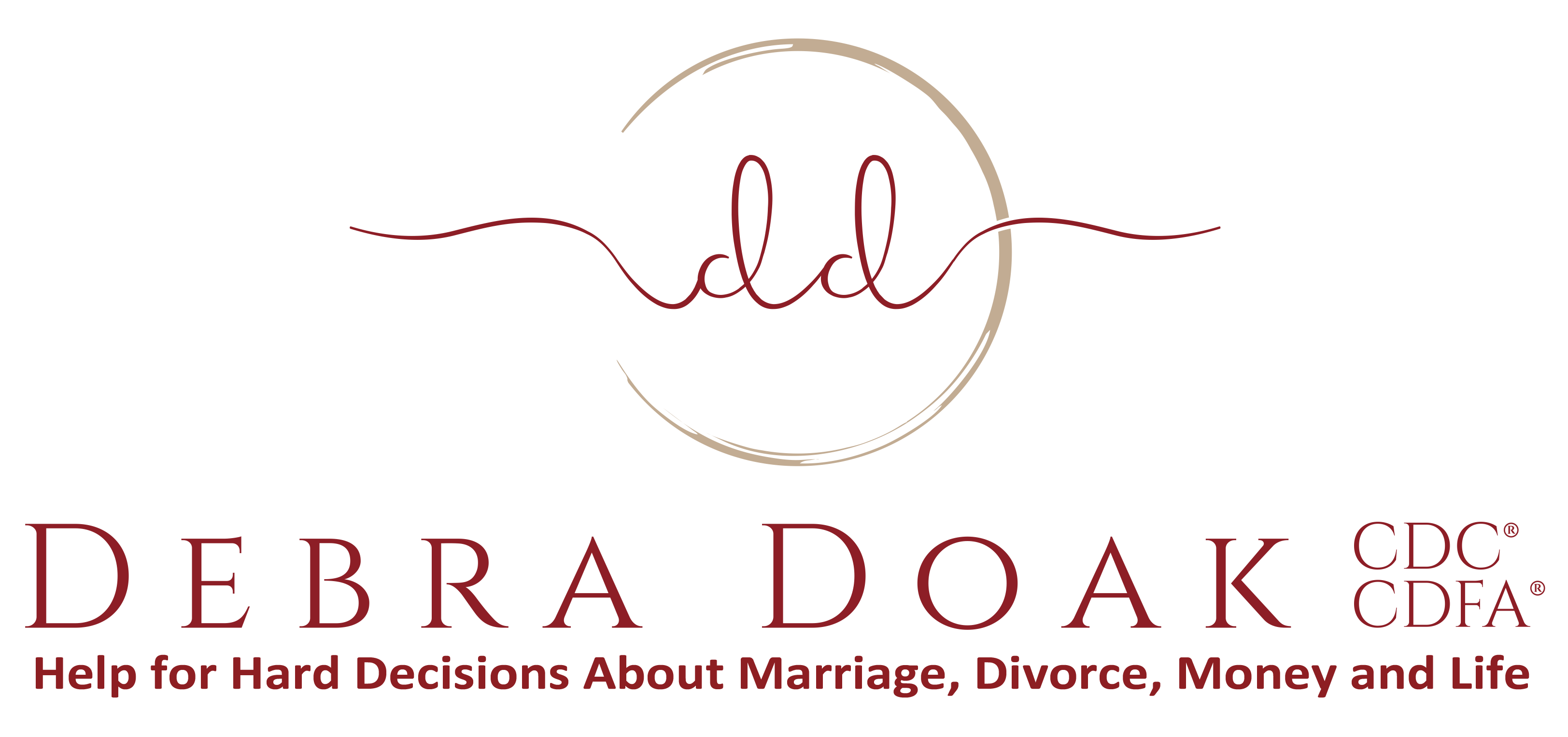
Sex Addict or Cheater: Do Labels Really Matter?
The majority of my clients have been betrayed. I sit with them in the pain of that trauma and help them process some of the most difficult emotions they have ever experienced. One question continues to come up: Is he a sex addict or a plain old cheater? And does the label really matter when it comes to deciding whether to stay or go?
This is one of the most common issues I work through with clients. The big decision of whether to keep fighting for reconciliation or let go of the hope that their partner will change. Read more HERE about what you need to know before thinking about staying with a cheater.
Let’s explore the question of how the label of sex addict or cheater might hurt or help when it comes to making decisions about your relationship.
“Sex Addict”
According to the American Society of Addiction Medicine, “Addiction is a treatable, chronic medical disease involving complex interactions among brain circuits, genetics, the environment, and an individual’s life experiences. People with addiction use substances or engage in behaviors that become compulsive and often continue despite harmful consequences.”
There are a couple of words in that definition that stick out to me:
Compulsive: a strong, usually irresistible impulse to perform an act, especially one that is irrational or contrary to one’s will.
Consequences: an act or instance of following something as an effect, result, or outcome.
So, if your partner has a compulsion to act out sexually regardless of negative consequences, how might the label of sex addict help or hurt?
HELP: The label may be of assistance if it allows your partner to accept and admit that they have a problem and enables them to ask for help. Shame can be a powerful force and if they think it’s merely a character flaw, your partner could take their behavior even further underground rather than address it. They may be more open to counseling or support if they believe that addiction is at play, rather than a moral weakness.
HURT: Classifying your partner as a sex addict isn’t helpful if it keeps you from holding them accountable for their behavior. Addiction is not an excuse for someone to continue to hurt you or make you feel unsafe in your relationship. If seeing them as an addict who is powerless over their choices is getting in the way of you setting the boundaries and consequences that you need, then that label is stopping you from healing.
“Cheater”
On the other hand, a cheater is someone who acts dishonestly, deceives, or defrauds. So, if it’s not an addiction, then how does the label of “cheater” help you move toward healing? Or make hard decisions about your relationship?
HELP: This label can help if it allows your partner to feel the guilt of what they’ve done to hurt you. If they can acknowledge the lying and take responsibility for it. It can also help you keep your boundaries intact if you use this label to remember that they deceived you on purpose, that it was a willful choice, and that you played no part in it.
HURT: Viewing your partner through the “cheater” lens can be harmful if it keeps you stuck. Stuck in anger, thinking about revenge, or feeling like a victim to the point that it inhibits your recovery. Of course, you have every right to feel those feelings. Just keep an eye out and find support if you get stuck there too long. Because whether you choose to stay or go, you deserve to heal.
Do Labels Matter?
So, does it matter what label you give your partner: sex addict or cheater? Honestly, I believe we have swung too far in handing out the label of sex addict. And I see the harm it is doing to the partners who have been hurt. Sex addiction therapy, for the most part, seems to offer way too much protection for the offender and not enough support for the victim.
We can hear advice like “stay on your side of the street” and “don’t try to manage your partner’s recovery” and “that’s shaming”. That might be OK in a laboratory setting, but not when you are trying to rebuild trust that’s been trashed.
When an intimate relationship has been brutally broken, it is unfair to ask the victim to stand on the sidelines, uninvolved and without a voice, and simply trust that her partner is doing the work. And that is my trouble with the model of sex addiction.
Personally, I prefer the term “cheater” because most of the women I’ve worked with could have forgiven the infidelity, it’s the lying and deception that eventually kills the relationship. They would have reconciled, but their partners were simply not willing to be transparent enough and humble enough to repair what they broke.
I do get it, these partners used sex to cope with life’s difficulties just the way others use shopping, food, smoking, drinking or work. But, I don’t see society going easy on heavy people because they have a food addiction. Or showing sympathy for people who file for bankruptcy because they have a shopping addiction. So, I have to ask, why are we so quick to give more compassion to people who make poor sexual choices that hurt others?
Need Help With a Sex Addict or Cheater?
If you’re struggling to decide if your relationship can survive betrayal, let’s chat. Regardless of which label you use, your healing and recovery are important and deserve attention. Schedule a complimentary consult call and we’ll talk about labels, what helps, what hurts, and what the next right step is for you.
Wishing you strength and wisdom,




